An Allergy Alternative
January 21, 2021
Everyone knows when it’s allergy season and you don’t know if it’s just allergies or a cold. Some people may not even be affected by allergies but some people just can’t escape. Trying different types of allergy medications to see which one helps best. What if I told you there was a type of immunotherapy that could help your allergies.
I’m sure you’re wondering what an immunotherapy shot is or how it actually works. It’s a longer process. I asked my dad, Bruce Pfaff what his doctor said the estimated time “3- 5 years is the typical range to take the shots” he said. Bruce continues on saying, “You can have options to go twice a week or once a week. Depending on how a person does with the shot. Reactions or not. So you can go faster of course if you take twice weekly instead of once a week”. The allergy shots won’t rid of food allergies but will help strengthen your immunity to the polins in the fruit and vegetables which cause reactions.
My fathers allergies were getting bad, he tried so many different ways to help, nothing seemed to help. That’s when interviewing my father who started the immunotherapy process, I had asked him who suggested that he get the shots. He told me his allergist was the one that suggested it. Then I asked him if he had noticed a difference and he responded with, “yes, I don’t need as many allergy medications, And I didn’t even get halfway through. I didn’t sneeze as much this year.” Even after not even finishing and the little he did there were still differences in how it affected him.
Although there are positives to getting the immunotherapy allergy shots there are also downfalls. It doesn’t help with food allergies, it doesn’t 100% cure you of any allergies. There is a chance that you may need to get the shots later down the road. There is also the risk of severe reaction, anaphylactic, and even death.
Chances may be low but there is still a chance of reaction. My father who started going through the process had a bad reaction which caused the immunotherapy to end. His reaction was a rare occurrence, he luckily survived, when talking to his doctor, Dr. Todd L Hostetler explained to my dad that a fetal reaction rate was 1 person for every 2.8 million injections. Although my dad’s reaction wasn’t fatal, but near fatal he is still a part of the statistics. Depending on the severity of the reaction you’ll get set back a few dose levels, if it’s bad enough your doctor will decide if you continue with this.




















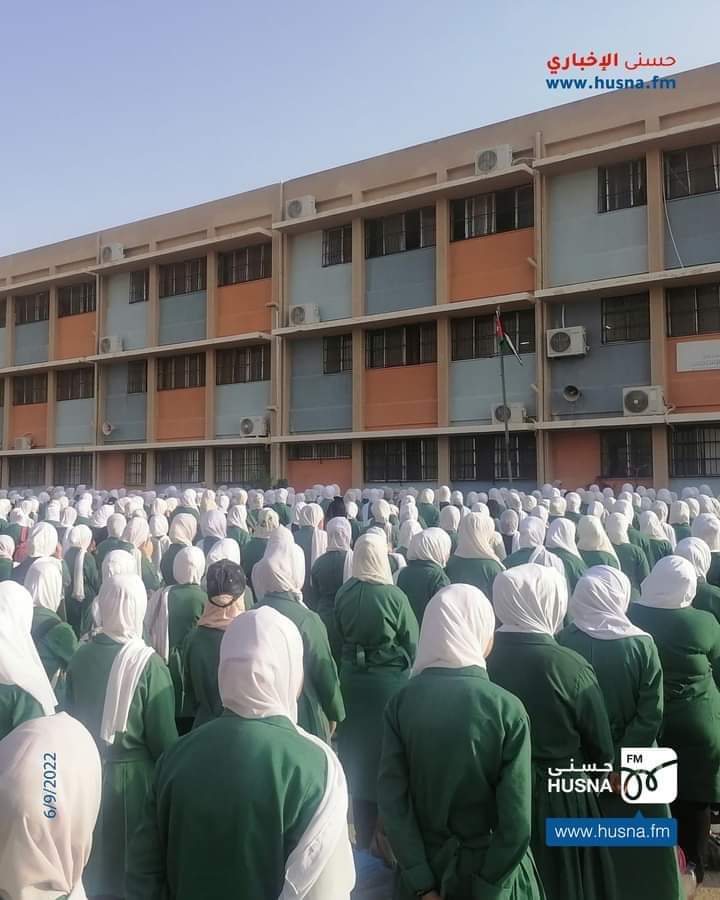




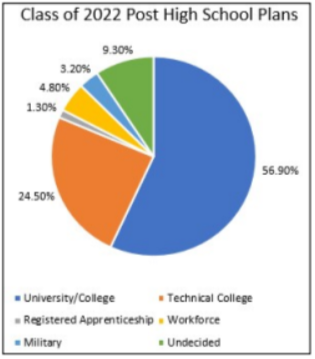
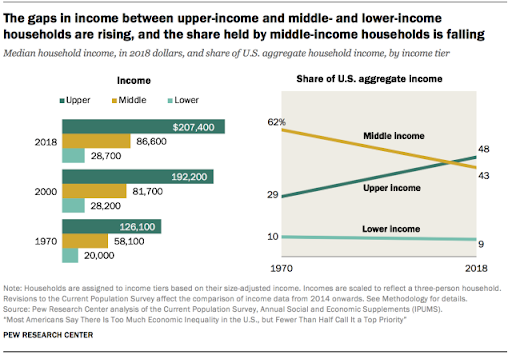
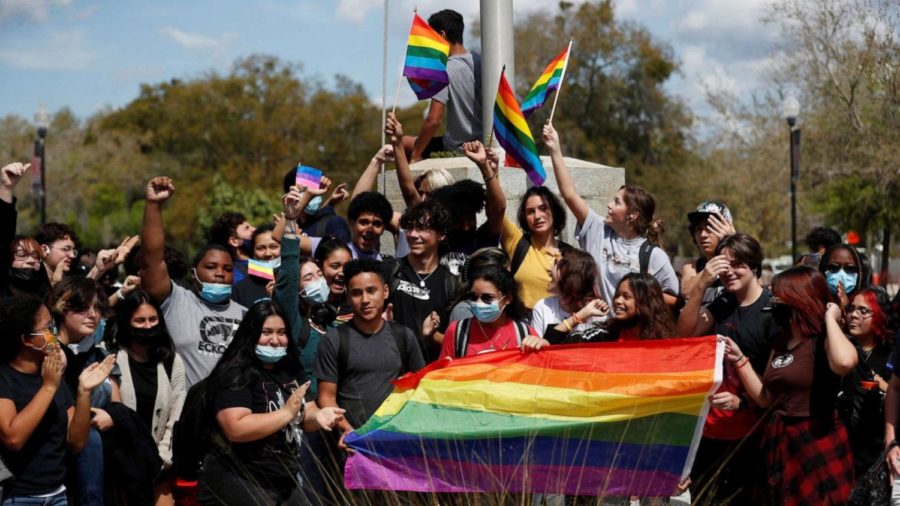











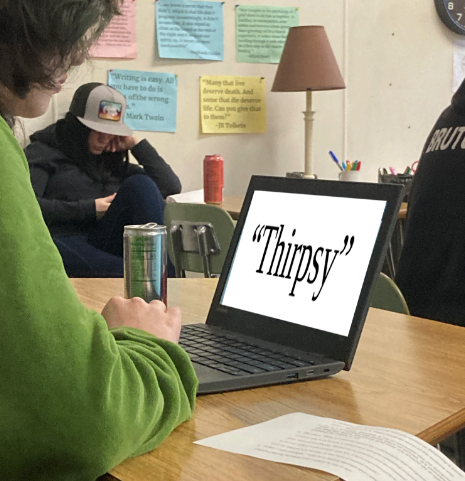


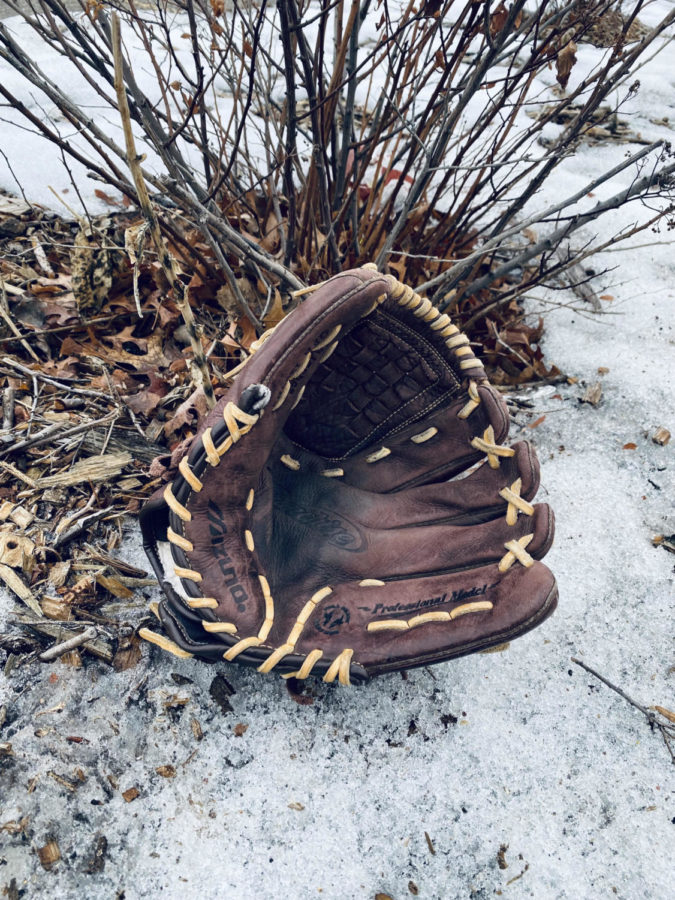


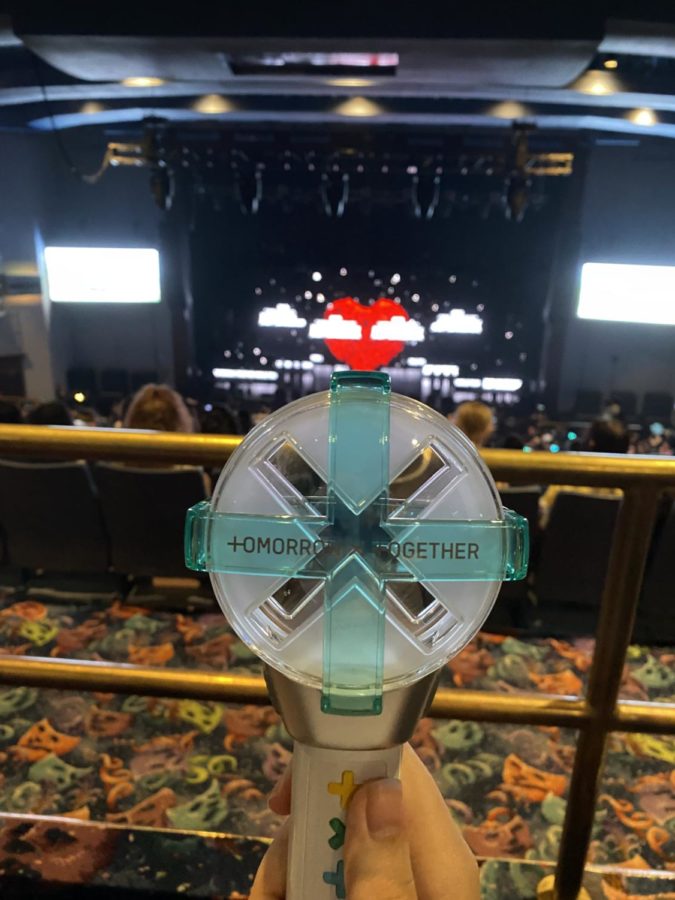

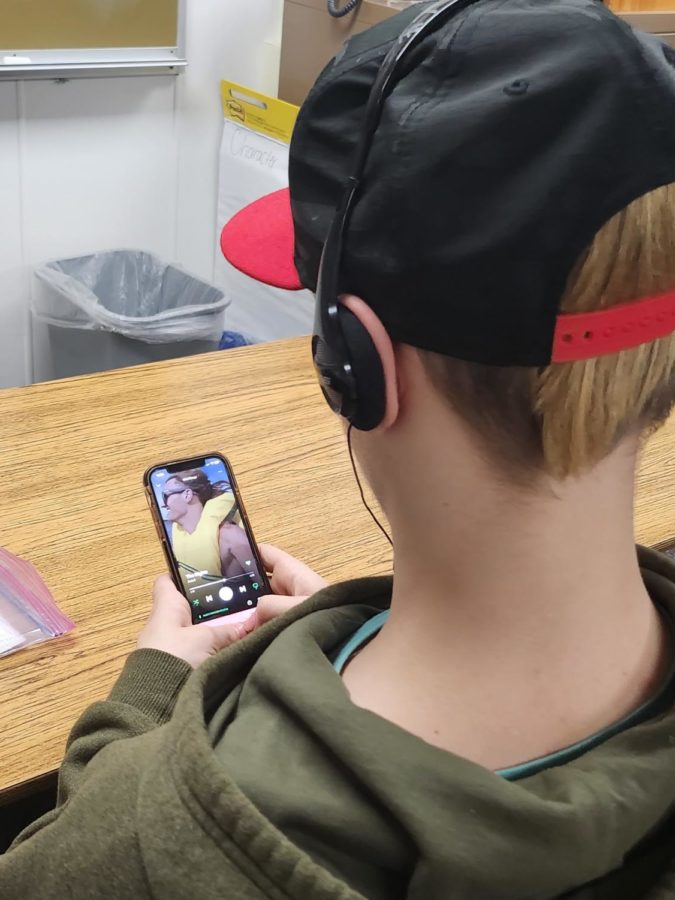











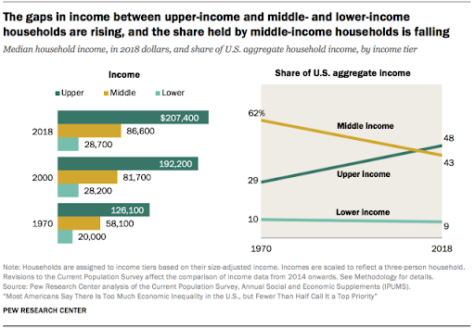

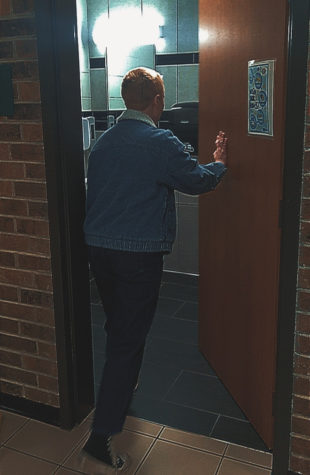
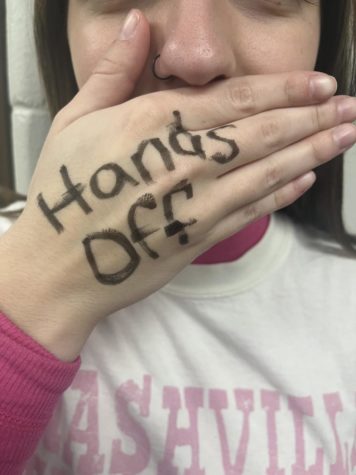
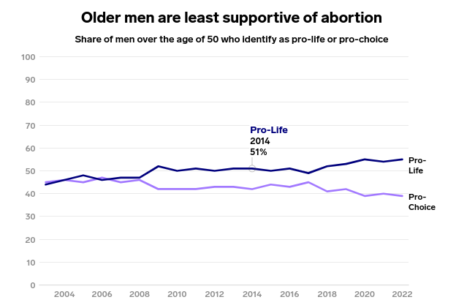
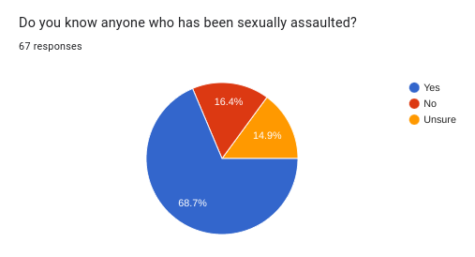
DeShay Anderson • Jan 21, 2021 at 6:14 PM
I like how you gave the reader a good perspective on this article it shows how people can have an extreme allergy. Its good people are still willing to tell about them.